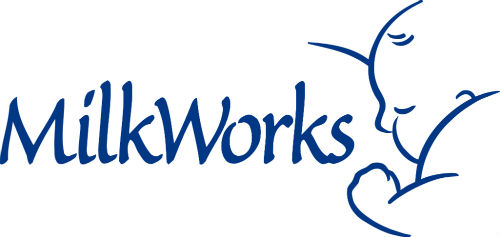Most American mothers stopped breastfeeding their babies 50 years ago due to a variety of cultural and social factors. Not until 2007, when a meta-analysis of 9,000 research studies was completed, did we truly realize that what we feed babies matters.
Another shift is taking place as research is looking deeper into the breastfeeding process. We know that human milk is different from cow’s milk. Now researchers are looking at the breastfeeding process. If you read Nicole’s story, you will get a new sense of what breastfeeding is all about.
I have always found the term breastfeeding fascinating. Babies don’t feed on the breast - they drink the milk that the breast makes. Nicole’s story, and emerging research, made me re-define what breastfeeding is all about.
We are learning that when a baby is put to his or her mothers’ chest immediately following birth that a series of events take place. Transition to life outside the uterus is disrupting to babies. Being put skin to skin on a mother’s chest calms and stabilizes a baby. A newborn has the ability to crawl to the breast and latch, which starts a cascade of events: temperature stabilizes, heart beat is steady, and respiration is smooth. In other words, a baby feels safe and secure and can focus on brain synapses, socialization and trust. This appears to trigger protective hormones that may decrease depression, anxiety - perhaps even bullying and anti-social behavior.
Sherry Payne runs Uzazi Village, a breastfeeding clinic for African American moms in Kansas City. Her goal? Help mothers to breastfeed and thereby decrease the population of African American men in our prisons. Ms. Payne would say it is no coincidence that African American mothers have the lowest breastfeeding rates in our country and African American men are over-represented in our penitentiaries.
All of this newborn breastfeeding behavior does things for a mother, too. Skin to skin contact impacts a mother’s brain lobes and teaches her how to take care of her baby. These nurturing skills come in handy, not only as a mother, but as a friend and a co-worker and a daughter to aging parents. Nurturing skills are the glue that holds communities and families together.
So when a mom shares that she only makes 2 ounces of milk a day, but she exclusively breastfed her baby for six months, I get it. With the help of donated milk or formula, she fed her baby at her breast. She went beyond milk to value the process of holding her baby close, giving her baby more than just her milk.
Breastfeeding will not happen overnight in our culture. We have many barriers to overcome. It means changing ways and feelings and long held beliefs. It means challenging our culture to do things differently. In the end we might discover that how we feed our babies and how much we hold our babies has a lasting impact on the world. That is a pretty big order for something that is so small and simple and feels so very wonderful.
